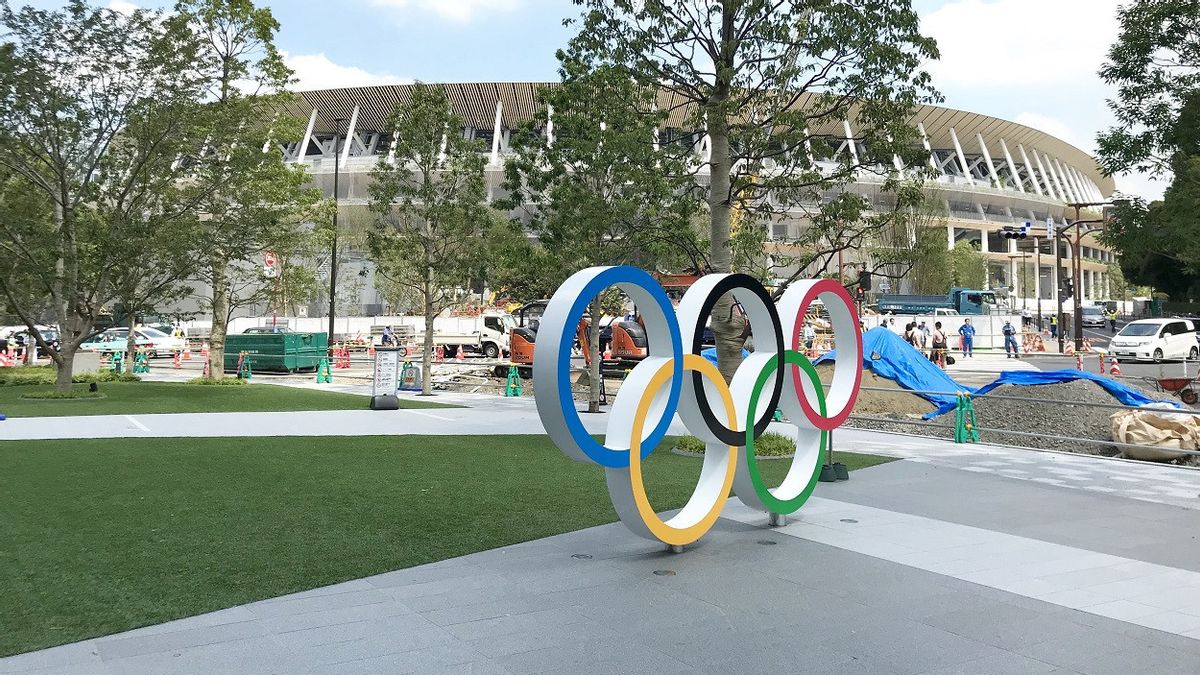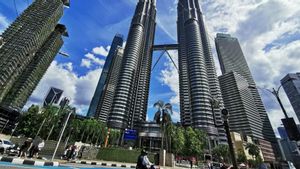JAKARTA - Professor Hiroshi Oshitani of Tohoku University, a virologist and government adviser, warned of the risk of spreading COVID-19 infection during the Tokyo Olympics, saying it was impossible to hold the Olympics 100 percent without the risk of spreading the virus.
Quoted by Reuters from the Times of London Tuesday, June 8, Professor Hiroshi Oshitani is an architect of Japan's 'Three C's' approach to the pandemic, which advises avoiding closed spaces, crowds and close contact situations.
“The government and the organizing committee, including the IOC (International Olympic Committee), keep saying they are holding the Olympics safe. But everyone knows there are risks. It's 100 percent impossible to hold the Olympics without risk. The spread of infection in Japan and also in other countries after the Olympics."
"There are some countries that don't have many cases, and some that don't have variants. Don't make the Olympics (an opportunity) to spread the virus to these countries," he added, noting most countries lack vaccines.
Already postponed from last year due to the pandemic, a scaled-down version of the Olympics without foreign spectators will start on July 23, although the public fears the event could spread the coronavirus and drain medical resources.
However, a former Olympic athlete turned public health expert said he believed the Games could be held with an acceptable level of risk.
"There will be cases, but having one or more cases doesn't mean it fails," Tara Kirk Sell, professor at the Johns Hopkins Bloomberg School of Public Health, told Reuters.
He explained, a manual from the event organizers detailing testing regimes, as well as movement restrictions for athletes and other visitors, outlines good strategies to minimize transmission.
Although not as severe as other countries, Japan recorded nearly 760,000 cases of COVID-19 infection with more than 13,500 deaths.
Japan has not experienced the explosive outbreak seen elsewhere, but has recorded nearly 760,000 cases and more than 13,500 deaths. Some areas are still under a state of emergency, such as Tokyo.
The government's top medical adviser Shigeru Omi last week said medical experts were planning a statement about the Tokyo Olympics on June 20, when the state of emergency would be lifted.
The English, Chinese, Japanese, Arabic, and French versions are automatically generated by the AI. So there may still be inaccuracies in translating, please always see Indonesian as our main language. (system supported by DigitalSiber.id)










